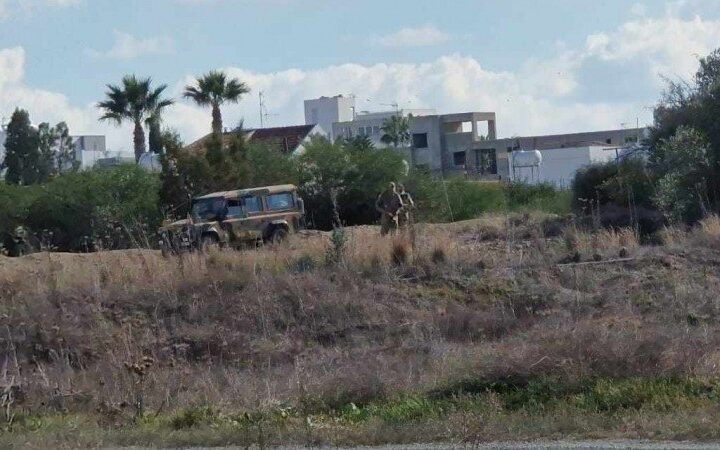Greek Prime Minister Kyriakos Mitsotakis said Friday he preferred diplomacy over ratchet rhetoric with Turkey over disagreements in the Aegean Sea, where the two are at loggerheads over territory and airspace.
Mitsotakis said he was visiting close ally Cyprus to coordinate “our action in the face of the recent unrest in the Eastern Mediterranean”.
He said the best defence for Greece and Cyprus “against any revisionist sentiments” is international law, strong regional alliances, the European family and the “rules of good diplomatic practice”.
“I believe this approach is ultimately the right one,” said Mitsotakis after meeting President Nicos Anastasiades in Nicosia on Friday.
He appeared to be de-escalating the current rhetoric with Turkey – whom he did not mention – opting for a more conciliatory tone.
“We will soon be able to return to calmer waters, always keeping open channels of communication, which even in the most difficult times… should never be closed.”
NATO Secretary-General Jens Stoltenberg on Tuesday urged Greece and Turkey to resolve their differences amicably
Two weeks ago, Turkish President Recep Tayyip Erdogan declared he was ending regular high-level meetings with Greek leaders intended to foster cooperation between the two countries.
The two uneasy NATO neighbours have for years feuded over maritime borders and energy exploration rights in disputed parts of the Aegean, which separates the two countries, and in the eastern Mediterranean.
Athens also accuses Ankara of overflying the Greek islands.
Turkey, for its part, says Greece is stationing troops on islands in the Aegean in violation of peace treaties signed after the First and Second World Wars.
The Cypriot president said European leaders next week will send a louder message to anyone challenging Greece’s or Cyprus’ sovereignty and territorial integrity.
Ankara also challenges the right of the Republic of Cyprus to exploit or explore hydrocarbon wealth within its exclusive economic zone, which it disputes.
Cyprus is divided between the internationally recognised Republic of Cyprus and a breakaway state set up after the 1974 Turkish invasion, following a coup sponsored by the military junta then ruling Greece.










